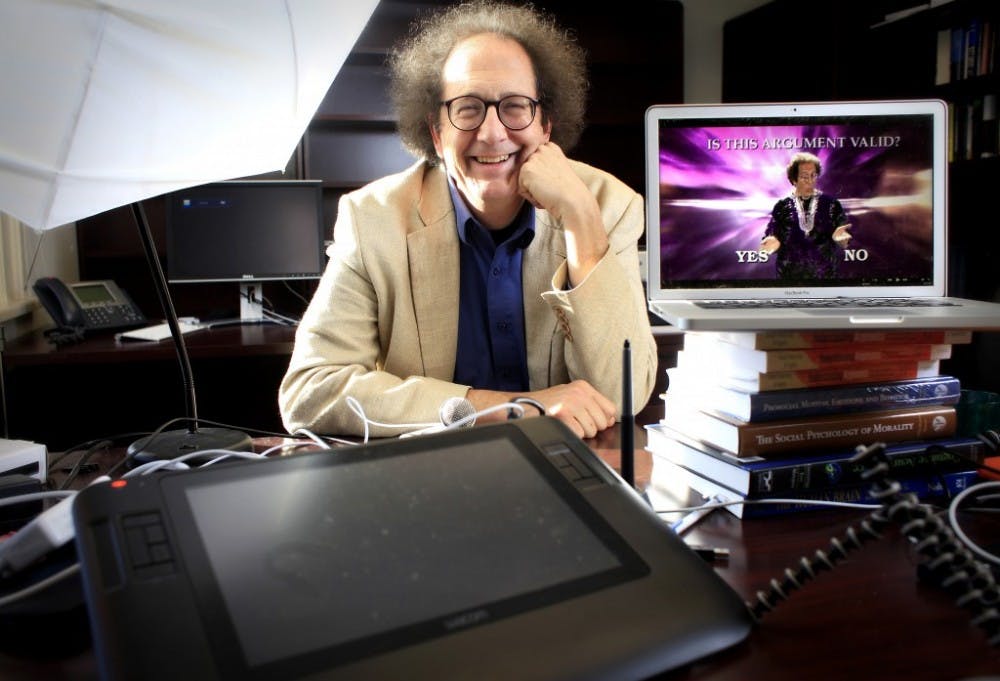MOOCs, or massive online open courses, have a future at Elon University.
It is expected that Elon will redefine the MOOC to supplement, not replace, courses, according to Chris Fulkerson, assistant vice president for technology.
MOOCs are increasing in popularity worldwide as thousands of students enroll in courses through online sites such as Coursera, Udacity, and edX. The courses are free of charge to anyone who signs up, and most do not carry course credit at traditional universities. However, The American Council on Education recently endorsed five MOOCs for college credit, all offered through Coursera.
Elon University’s Teaching and Learning Technologies recently held a webinar titled “Beyond the MOOC: Getting Serious about Online Learning,” to give participants the background on the delivery of online education.
“Beyond the MOOC” stressed the accessibility and affordability of online courses, as well as the personalized learning styles available through MOOCs.
According to Fulkerson, there are both benefits and drawbacks when enrolling in MOOCs.
“You aren’t constrained by a classroom,” says Fulkerson. “Your discussion can be with someone who is in Sweden.”
Fulkerson said he supports the opportunity for global interaction, because people of all ages, even those in developing countries, have the ability to engage in academic discussion.
Freshman Michelle Stocker supports the idea of MOOCs as classroom supplements, as well as a tool for sharing knowledge.
“There are developing countries that can’t get this education any other way,” said Stocker. “This provides the option of teaching a student in a less fortunate country, rather than receiving the education.”
But the lack of face-to-face interaction offered during MOOCs is a disadvantage to the program, according to Fulkerson.
“You don’t get to know your professor,” said Fulkerson. “To me, a MOOC is not comparable to a typical Elon education.”
Teaching and Learning Technologies is looking at various options regarding more online teaching materials, though they will most likely redefine the MOOC for Elon use.
According to Fulkerson, the MOOCs will act as semi-open courses, open to only current students or alumni. The discussion will still include strangers, but all perspectives will come from an Elon education.
MOOCs are currently being introduced to high schools for consideration in place of AP course credits.
Fulkerson said it will be interesting if universities accept MOOCs for transfer credits.
“How do you verify that the student did all the work for the MOOC?” Fulkerson said. “In an AP course, you’re there in a classroom everyday.”
MOOCs provide a wide range of options for receiving and sending perspectives and education to any person who has access, but the use of MOOCs in schools is still to be determined, according to Fulkerson.
“It has a role. I think it’s a great concept,” he said. “As for how it is going to work, I have some questions.”


